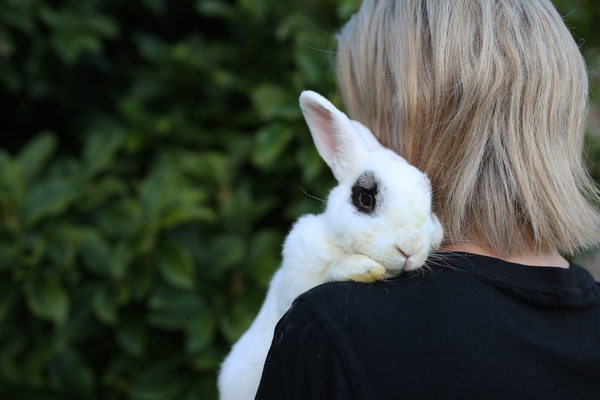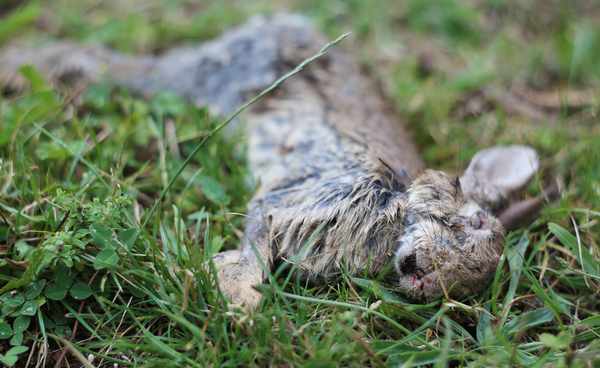
By Derek Schlennstedt
A new strain of the calicivirus will be released next week at 150 sites around Victoria in a bid to reduce rabbit population numbers which have been steadily rising.
To ensure domestic rabbits are not affected, rabbit owners are being urged to vaccinate their pets against the new strain before its release in March.
The new RHDV1 K5 calicivirus is a Korean strain of the naturally-occurring rabbit haemorrhagic disease virus (RHDV) that was first released in Australia in 1996.
The new strain aims to curb the spread of European Rabbits that have become resistant to existing RHDV strains.
Dr Zoe Feigen veterinarian at the Melbourne Rabbit Clinic in Ferntree Gully says that the RHDV1 K5 Virus is highly contagious and can spread very quickly.
“It can be carried by anyone, from animals to insects, even us, however mosquitoes and blowflies are the primary carriers and during wet weather periods when insect species thrive the virus can be carried and spread to other rabbits very quickly,” she says.
“With the number of release sites across Melbourne, I’m sure the virus will spread rapidly.”
According to the Federal Government’s ‘PestSmart Connect’ website, European rabbits have put 304 Australian threatened species under stress through food competition and land degradation.
Of the 150 locations across Victoria, Silvan in the Yarra Valley has been chosen as a release site.
The Wabbit Action Group (WAGS) received a vial of the RHDV1 K5 virus to reduce the damage being done to farms in the area from wild rabbits.
The group received $10,000 from the Dandenong Ranges Environment and Bushfire Reduction Community Grants Program for a two-year project to improve rabbit control in the Silvan-Wandin area.
Alison Brinson spokesperson for WAGS says Silvan has seen a dramatic rise in rabbit activity and it is affecting local farmers.
“Rabbits are a massive problem in the area for horticulturists, fruit growers and vegetable growers; the rabbits nip the tops off the new shoots and eat the berries and vegetables, they even get around the plastic rabbit shields,” Alison Brinson says.
The release of the RHDV1 K5 strain is part of the Federal Government’s commitment of $1.2 million to develop new rabbit control strategies and reduce the pest population.
While the target is on wild rabbits the likelihood of domestic rabbits contracting the virus is high if they aren’t vaccinated.
Rabbit Veterinarian Dr Zoe Feigen says the best strategy is to get a vaccination and to keep rabbits indoors or provide a mosquito proof hutch if outdoors.
“Vaccination is the best protection, keeping up with regular vaccinations to protect your rabbit as best you can from the current strain is the best thing to reduce the risk of your rabbit getting the virus,” she says.
“If they’re an outside rabbit, make sure that their hutch is mosquito-proof.”
The national release of the RHDV1 K5 virus is set for the first week of March.
Rabbit owners are urged to consult with vets and maintain a vaccination program to protect their rabbits from contracting the RHDV virus.







